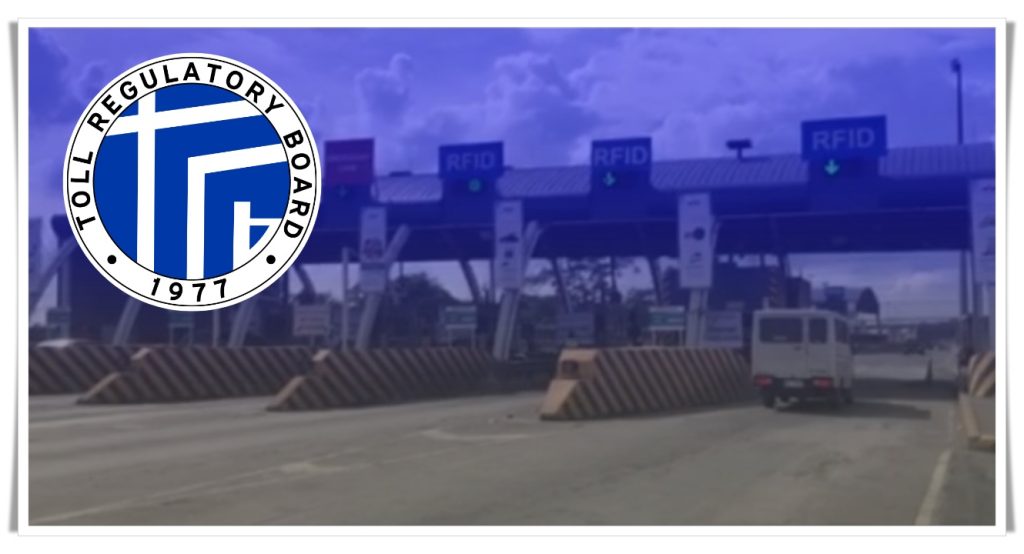The Toll Regulatory Board (TRB) has announced that starting March 15, 2025, all vehicles using expressways must have a valid Electronic Toll Collection (ETC) Device or Radio Frequency Identification (RFID) sticker. This move aims to reimplement cashless and contactless transactions on all toll expressways, enhancing efficiency and reducing congestion.

Purpose of the Policy
The primary goal of this policy is to improve traffic flow and reduce delays at toll plazas by eliminating cash transactions. The TRB highlighted that dedicated toll lanes for cash transactions often cause congestion, affecting overall traffic efficiency. By enforcing cashless transactions, the agency aims to streamline toll collection and provide a smoother experience for motorists.
Application and Enforcement
Vehicles without RFID stickers will still be allowed to enter toll plazas but must have an ETC device installed at the nearest installation site. Land Transportation Office (LTO) personnel will issue a temporary operator’s permit or a show-cause order against violators. Motorists who break the rule will face fines: ₱1,000 for the first offense, ₱2,000 for the second, and ₱2,500 for each subsequent offense.
Support from Toll Operators
Major toll road operators, including San Miguel Corporation Infrastructure, Metro Pacific Tollways Corporation, MCX Tollway Inc., and the Bases Conversion and Development Authority (BCDA), have expressed full support for the policy’s reimplementation. According to the TRB, 97% of expressway users already utilize RFID stickers for toll payments. The remaining 3% of motorists still relying on cash are encouraged to switch to RFID for a smoother and faster toll experience.
Obtaining and Using RFID Stickers
Toll operators reassured motorists that obtaining an RFID sticker is free and does not require a maintaining balance. Reloading options will remain accessible through customer service centers, kiosks, banks, e-wallets, and online platforms. Motorists can also update their contact details via official RFID mobile apps for notifications and monthly statements.
Compliance and Standards
To ensure compliance, the Department of Transportation (DOTr), LTO, and TRB have mandated toll operators and RFID service providers to meet the 2024 Minimum Performance Standards and Specifications. These standards outline key performance indicators for toll collection efficiency, including accurate detection of RFID stickers 98% of the time for all passing motorists. The toll board stated that toll operators would be penalized if they failed to meet these standards.
Long-Term Impact
The reimplementation of cashless toll transactions is expected to provide immediate relief to motorists by reducing wait times and improving traffic flow at toll plazas. In the long term, this policy aims to enhance the overall efficiency and reliability of the toll collection system, contributing to a more streamlined and modern transportation infrastructure in the Philippines.
Conclusion
The TRB, along with toll operators and the government, urges motorists to apply for their RFID stickers early to avoid penalties and ensure a hassle-free transition before the full implementation deadline. This proactive measure is part of a broader effort to modernize the country’s toll collection system and improve the overall driving experience on expressways.